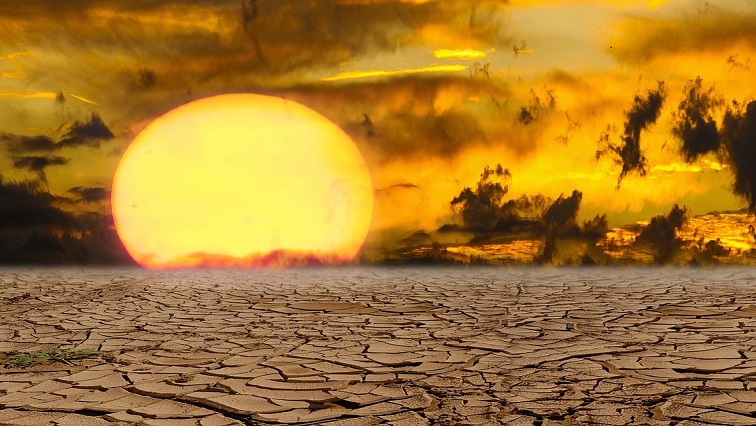The United Nations believes we are heading in the wrong direction in the fight against climate change. It is a global fight, and we are not winning.
In September, the World Meteorological Society released a paper, which coordinated reports from a number of organisations, and the conclusion was that aspirations do not match reality. The report, called “United In Science”, says greenhouse gasses are rising at record levels. No surprise there, but how bad is it? They were slowed temporarily during global lockdowns, but emission levels are already back, and rising faster than pre-pandemic.
United Nations secretary-general Antonio Guterres painted a stark picture in a video message, “Floods, droughts, heatwaves, extreme storms and wildfires are going from bad to worse, breaking records with alarming frequency. Heatwaves in Europe. Colossal floods in Pakistan. Prolonged and severe droughts in China, the Horn of Africa and the United States. There is nothing natural about the new scale of these disasters. They are the price of humanity’s fossil fuel addiction.”
And the most depressing part of the report is confirmation that despite the fact that emissions slowed during the pandemic, the main CO² concentrations in the atmosphere continued to get bigger. They are a number of locations that are watched around the world, but two of the flagship observatories are in Hawaii and Australia. CO² concentration at Mauna Loa reached 420.99 ppm in May this year (up from 419.13 ppm in 2021) and Cape Grim in Tasmania to 413.37 ppm (from 411.25 ppm in May 2021).
The target is to keep the rise in average global temperatures to no less than 1.5˚ C above the levels pre-industrialisation (that is between 1850 and 1900). The WMO says the rise is already 1.17˚C, and we are still a long way from slowing down the rate of emissions. And remember that most of the earth’s heat is stored in the oceans, so these rises affect the polar ice caps dramatically. The resultant rise in sea levels could simply overwhelm tiny island nations like the Maldives, and Polynesian islands such as Kiribati, Vanuatu and Tuvalu.
If we look at the more realistic 2˚C target, the world will still be a very different place to live in just a few decades. Not only will sea levels rise, but large parts of the earth near the Equator will become hotter. The journal npj Climate & Atmospheric Science says studies have indicated desert temperatures could rise to 56˚C for long stretches in the second half of the century. That is not only dangerous for humans and animals, but potentially catastrophic for the organisms that keep deserts alive.
Climate scientists talk about tipping points. Those are the effects of climate change that can’t be undone, and they are sometimes specific to different parts of the world, but often have global consequences. The melting of the polar ice sheets in both Greenland and Antarctica is one such tipping point, which we have already mentioned. This not only affects sea levels, but also major currents. The drying up of the Amazon rain forests could also have global consequences, and that is not even taking deforestation as a result of unchecked logging into consideration. Tropical coral reefs are also very vulnerable to changes in sea temperature, and if the targets aren’t met, the United Nations Framework Convention of Climate Change says they’ll disappear by the end of the century. That’s not just the well-known Great Barrier Reef in Australia, but other significant sites such as the Aldabra Atoll in the Seychelles.
At the moment, the Paris Agreement reached at COP 21 in 2015, as ground-breaking as it was, is the bare minimum needed to save the planet. But few countries are keeping their pledges. The pandemic and global recession means there’s even less money available to fulfill those obligations.






